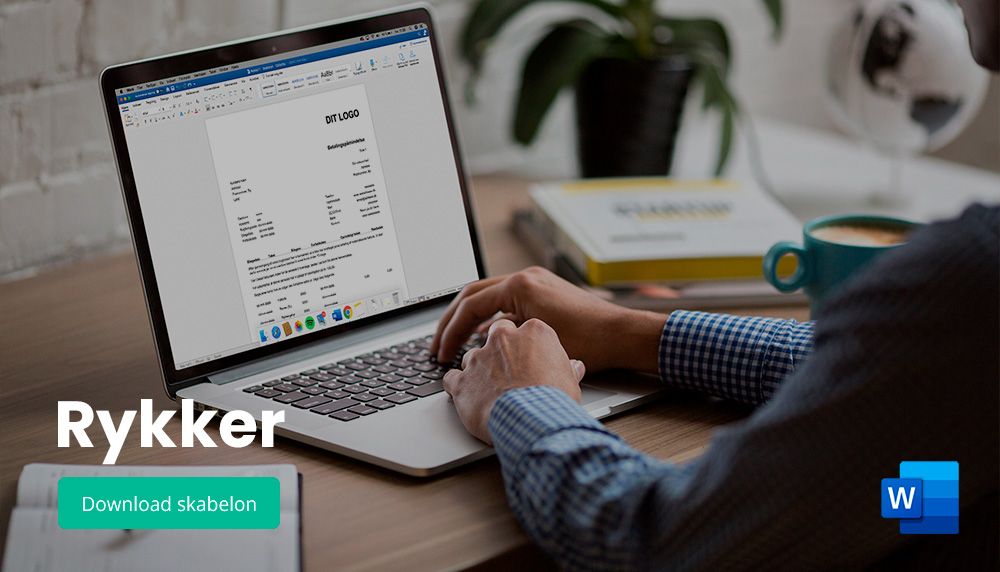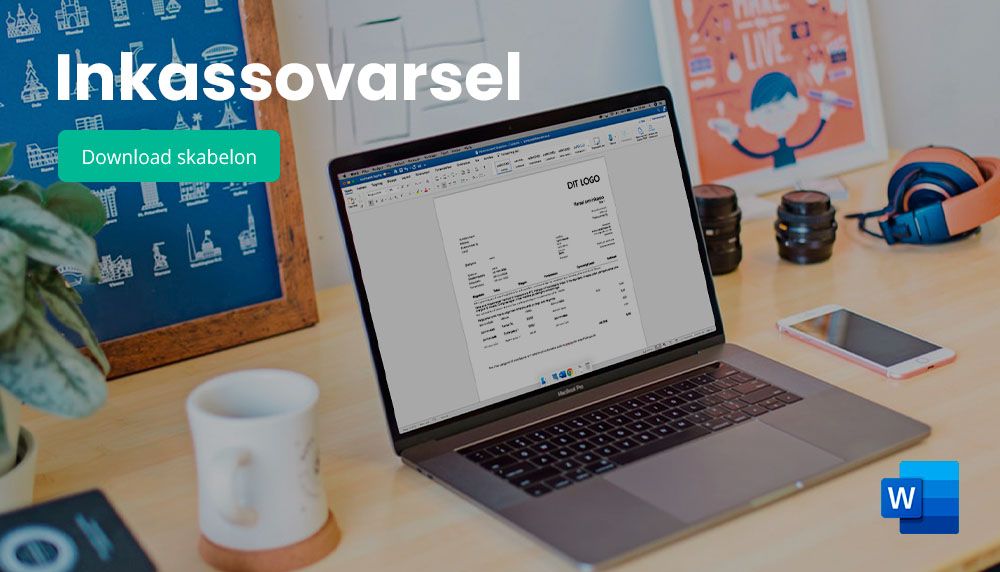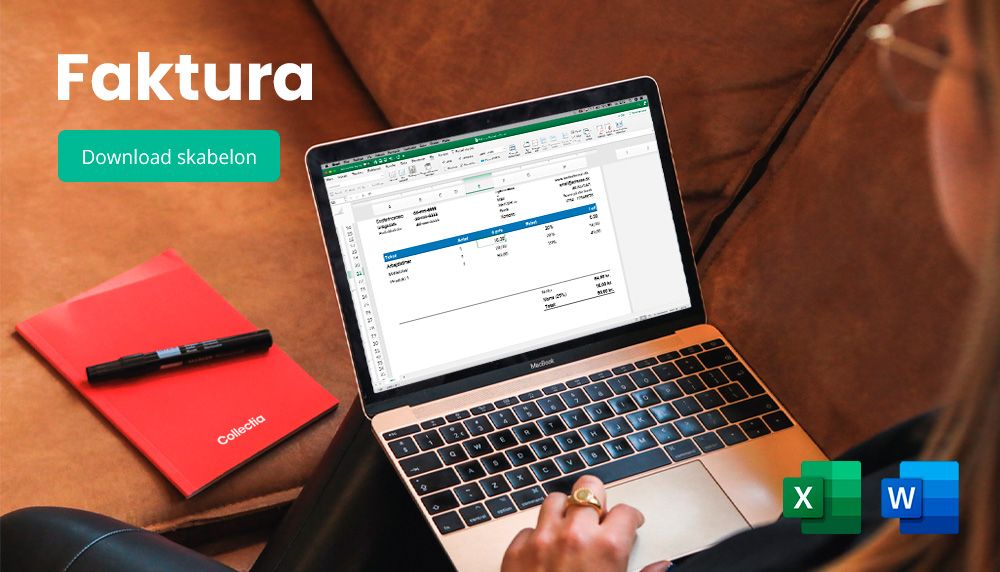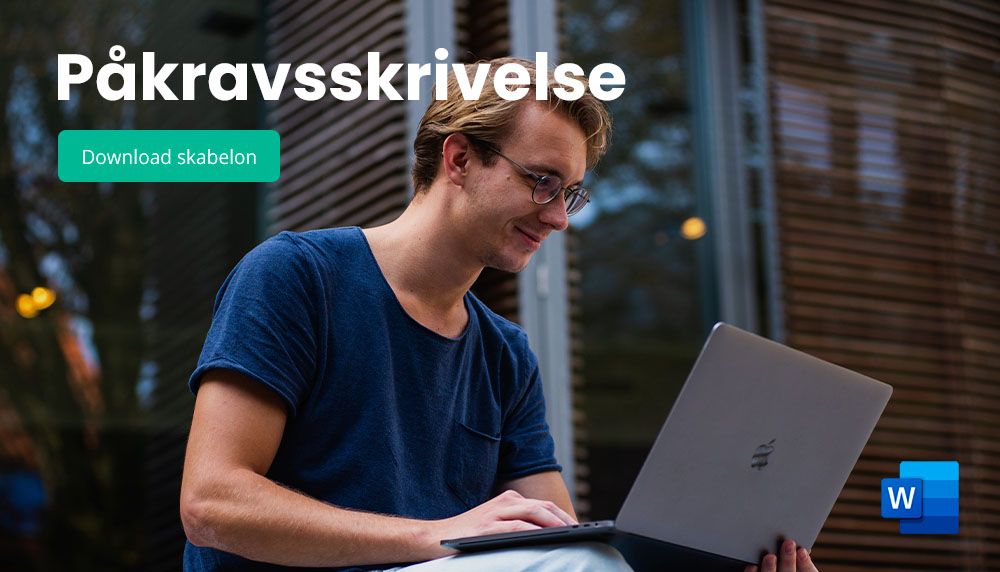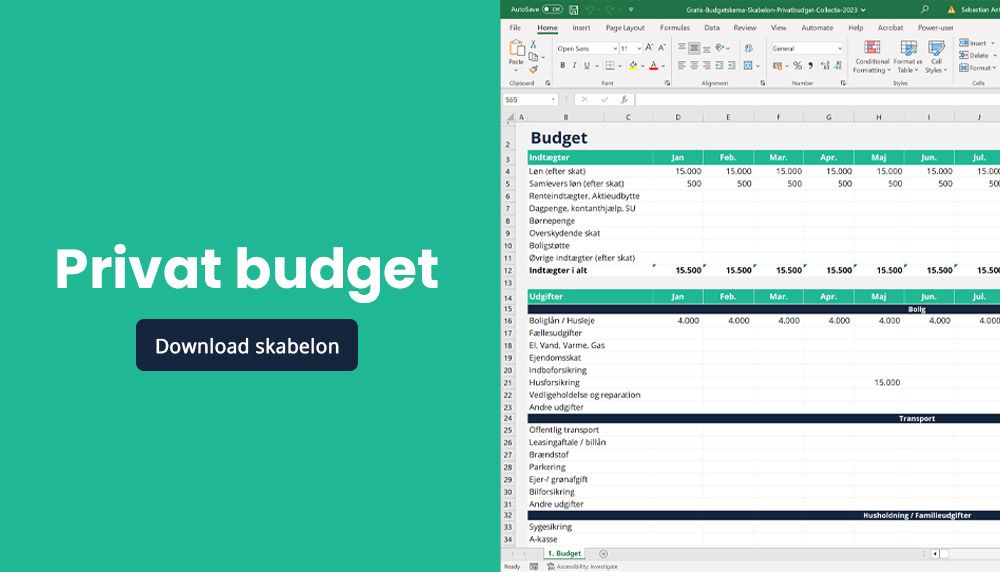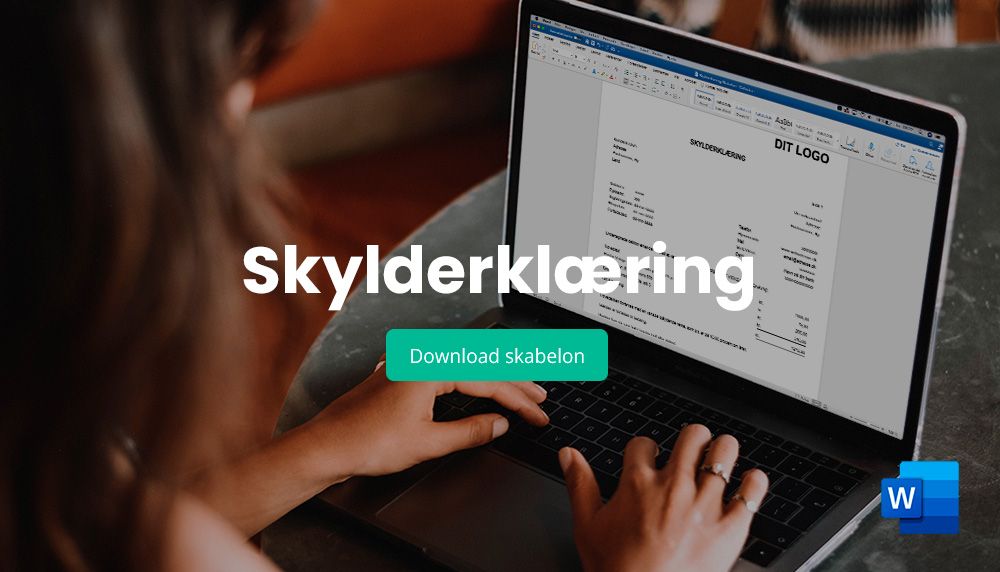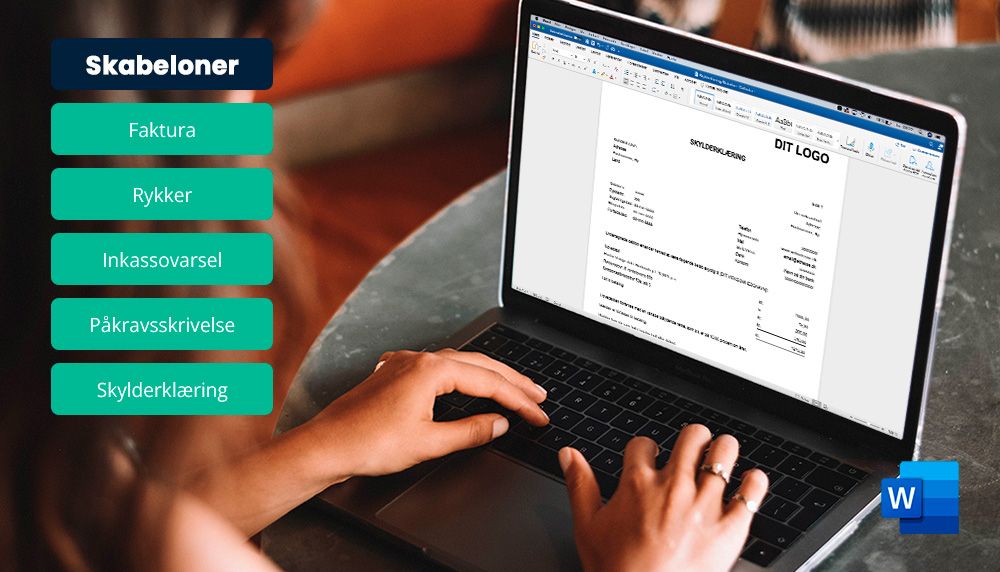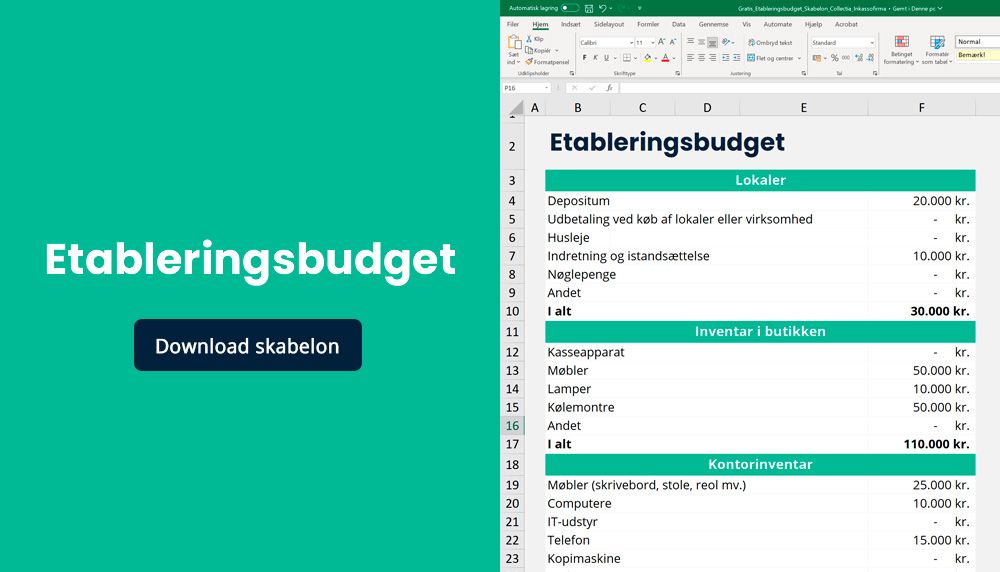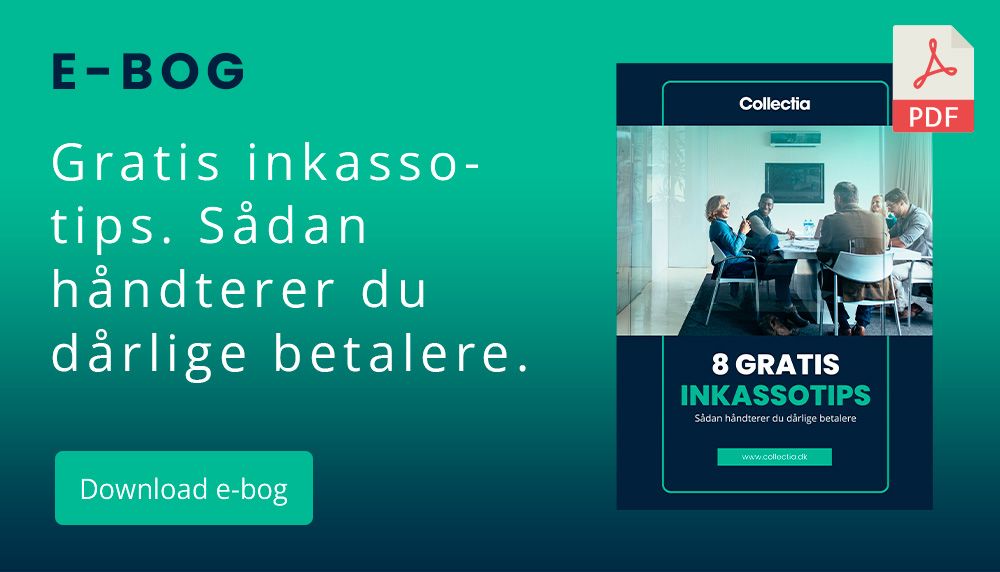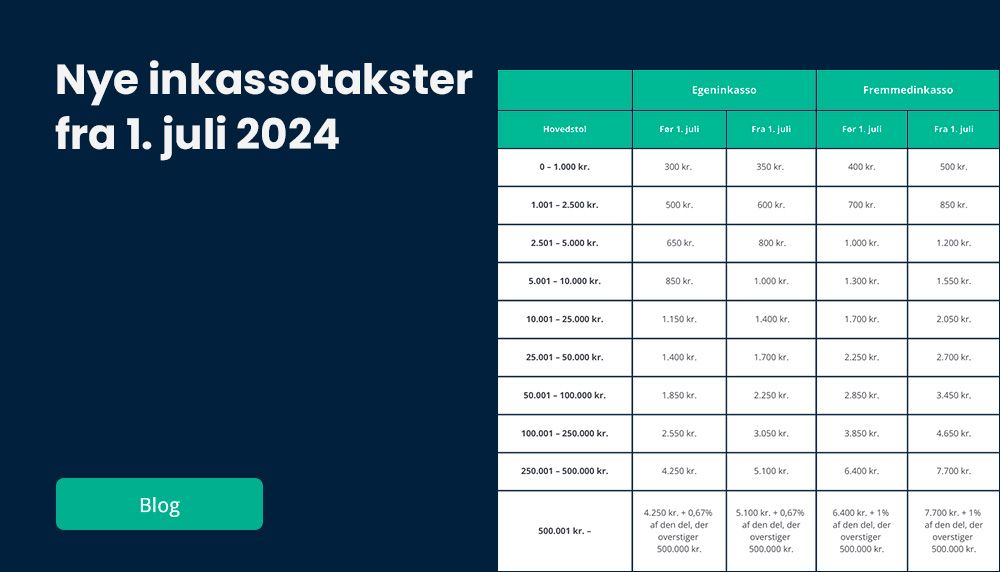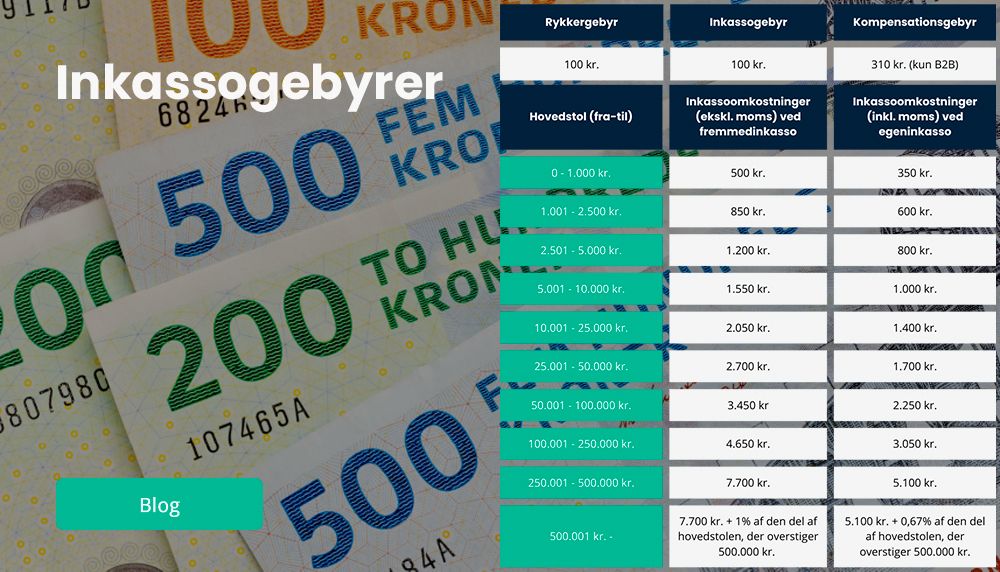
What is private debt collection?
Private debt collection is a legal term that usually refers to debt collection between two private individuals. In some cases, private debt collection can also refer to the situation where a private individual has a debt collection case against a company, organization or authority. Regardless of the constellation, private debt collection involves the creditor being a private individual.
Who can assist with private debt collection?
In Denmark, all debt collection companies and lawyers are allowed to help you as a private individual with debt collection. However, it is important to note that many debt collection companies and lawyers primarily offer debt collection services to businesses.
There are various reasons why many debt collection companies and lawyers do not offer debt collection to private individuals. Most often, it is because private individuals typically do not have a sufficient volume, number and size of cases. In addition, there is also often limited or no documentation available for the claim.
We recommend that you contact your local lawyer to discuss private debt collection options.
Tips for private debt collection
At Collectia, we have more than 150 years of experience in debt collection and are therefore experts in the field. Collectia is an authorized debt collection company and is among the approximately 100 debt collection companies in Denmark that are authorized to handle debt collection cases.
Although Collectia does not assist private individuals with their debt collection, we have chosen to share some useful advice on how we believe private debt collection should be handled if you as a private individual have outstanding money claims.
1: Always have the agreement in writing
No matter what agreement you make with another person or company, an oral agreement is just as valid as a written one. However, we always recommend having the agreement in writing. This makes it much easier to document what has been agreed and thereby also recover the amount owed.
2: React quickly
At the heart of all debt collection is that you, as a creditor, react quickly when a debtor hasn't paid on time. The quicker you react, the quicker the case can be initiated, and thus also proceed to the next step if the debtor still doesn't pay.
By reacting quickly, you also show the debtor that you take the claim seriously.
3: Seek legal help
If your claim is under DKK 50,000, you have the option of initiating a so-called small claims case in the enforcement court.
Small claims is something you can easily start yourself with just a few clicks, and it is an option offered by the bailiff court to private individuals who want a quick and easy process in cases under DKK 50,000. Small claims can also be used if you want the counterparty to take specific actions.
Read more about small claims here:
4: Offer the debtor an installment plan
There can be many reasons for non-payment, one of them being that the debtor doesn't have the funds. That's why an installment plan can be a good solution, where the payment is divided into smaller amounts.
However, keep in mind that an installment plan can be a good idea, but it also requires compliance and extra work.
5: Get help from a lawyer for private debt collection
If you have a debt collection case where the debtor is not responding, disagrees with the claim, or the case does not seem to be resolved in any other way, we recommend that you seek assistance from a lawyer who can help you move forward.
